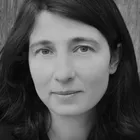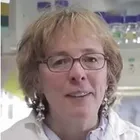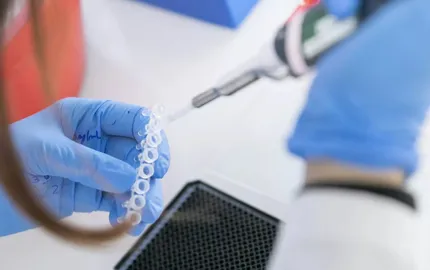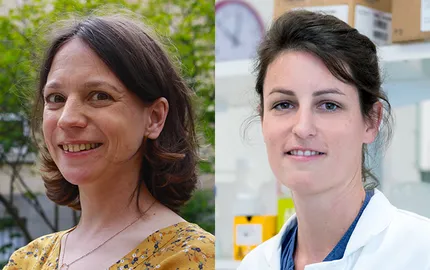- Home >
- Units research >
- Nuclear dynamics (UMR3664)
Presentation

Teams in this unit investigate the mechanisms underlying the stability and the plasticity of genetic and epigenetic information in normal or pathological contexts such as cancer. Using complementarity approaches, we develop an integrated view of the functional organization of the genome at different scales: from the molecule to the cell to the organism.
Using several model organisms (Drosophila, Xenopus, mouse, yeast) and cell lines (human, rodents, insects …) we study fundamental processes of chromosome biology: DNA replication, segregation and repair, regulation of gene expression during development, cell cycle and in response to environmental stress
Together, these models are helping to decipher how DNA replication and repair, gene transcription and silencing are modulated during development, cell division and in response to environmental stress
The main research themes of the unit include:
- The roles of factors involved in chromatin dynamics, genome stability and repair
- How functional domains of eukaryotic genomes are established and then maintained during development.
- How epigenetic plasticity plays a part in controlling the polarity of the embryo.
- How nuclear compartmentalisation and dynamics participate in regulating various functions of the genome.
















